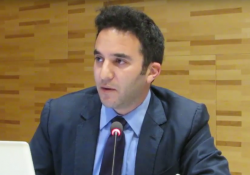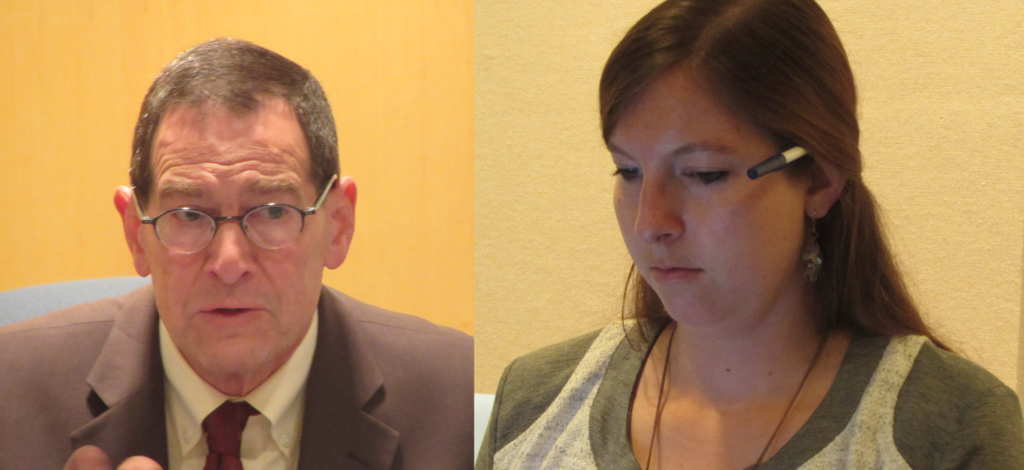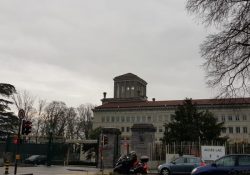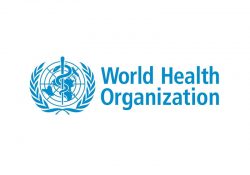WHA68 KEI side event: Andrew Goldman speaking on compulsory licensing of HCV drug patents
On Thursday, May 21, 2015, KEI and KEI Europe hosted a side event at the 68th World Health Assembly on compulsory licensing of patents on drugs, vaccines, and diagnostic tests. The event was graciously hosted by UNAIDS in the Kofi Annan room.






